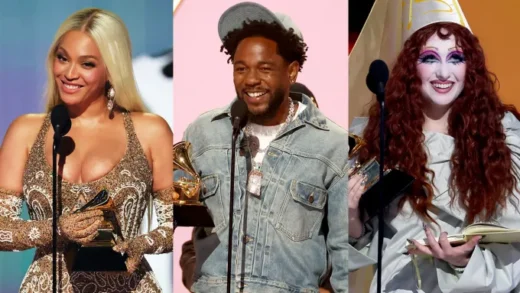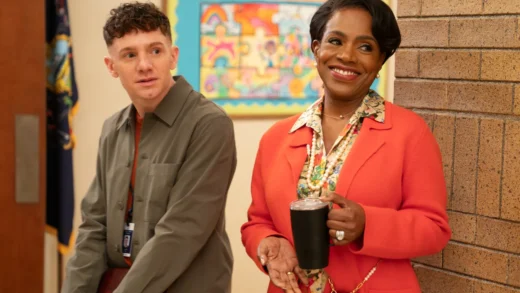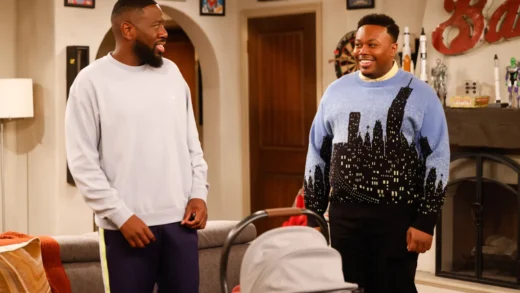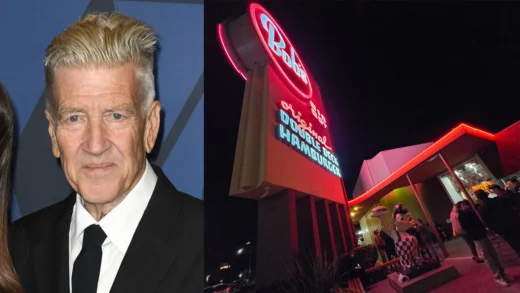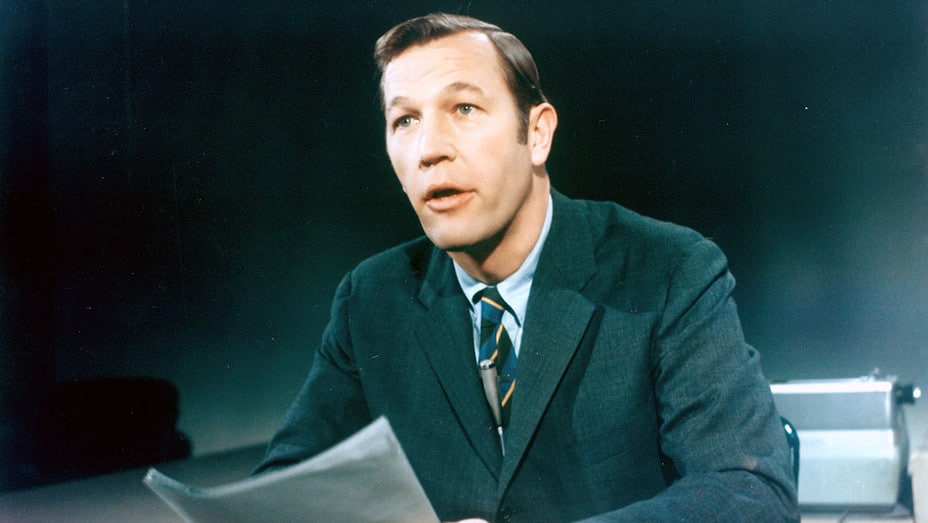Roger Mudd, the Peabody Award-winning journalist who spent a quarter-century at CBS News and NBC News and came close to becoming a No. 1 network anchorman — not that he wanted that, anyway — has died. He was 93.
Mudd died Tuesday of complications from kidney failure at his home in McLean, Virginia, his son Jonathan Mudd told The Washington Post.
Mudd joined CBS News in 1961 and served as a congressional and national affairs correspondent and as a regular substitute for Walter Cronkite on the CBS Evening News. When the famed anchorman retired and Dan Rather was selected to replace him, a humiliated Mudd exited in 1980 for NBC, where he was chief Washington correspondent, then co-host of the NBC Nightly News with Tom Brokaw for a little more than a year.
“Being an anchorman is probably one of the dullest jobs there is if what you are really interested in is reporting … it’s a performing job,” a reflective Mudd said in a 2011 interview for the website The Interviews: An Oral History of Television. “For me, it was a misalliance with what I wanted to do.”
A native of Washington, D.C., Mudd covered every national political convention, as well as each national election, from 1960 through 1990. He also was an essayist and correspondent for PBS’ MacNeil/Lehrer NewsHour from 1987-92 and a host of History Channel programs from the network’s 1995 launch through 2004.
Covering a presidential campaign appearance by Robert Kennedy at the Ambassador Hotel in Los Angeles on June 5, 1968, Mudd cleared the way for Ethel Kennedy to kneel beside her wounded husband after he was shot. He had just concluded a “lively, funny” interview with the candidate, then spent hours staked out at Central Receiving Hospital until RFK was pronounced dead.
The veteran journalist also was known for “The Roger Mudd Question” — a simple “Why do you want to be president? — posed to Robert’s brother, Ted Kennedy, during a 1979 CBS Reports documentary as the senator was gearing up to challenge Jimmy Carter for the 1980 Democratic nomination.
Mudd, accompanied by CBS execs Howard Stringer and Andy Lack, went to Cape Cod for the Kennedy interview.
In his Oral History chat, Mudd recalled his conversation with Kennedy: ” ‘What are your differences with President Carter?’ I ticked off a couple of things, and his answers didn’t demonstrate to me that there was much of a difference between his position and Carter’s position. Finally, I said, ‘Why do you want to be president?’
“Then came that 386-word answer, or whatever it was, that made no sense at all. Like, ‘I want to be president because the sky is blue and the grass is green.’ La-di-di, la-di-da. We thought the answer was just awful.”
To avoid equal-time restrictions, CBS rushed to get the documentary, titled Teddy, on the air before Kennedy formally announced his candidacy.
“It was interesting about how discouraged we were [at first] at the results of the interview,” he said. “But once you took it into the screening room and saw this sculpted Irish face on the screen unable to articulate why he wanted to be president, we said, ‘God Almighty, he doesn’t know.’ ”
Carter easily won the Democratic nomination but fell to Ronald
Reagan in the general election.
Roger Harrison Mudd was born in Washington on Feb. 9, 1928. His father, John, was a topographer, and his mother, Irma, was a nurse. He was a descendant of Samuel Alexander Mudd, a doctor who was sentenced to life in prison for treating John Wilkes Booth for a broken leg after the actor assassinated Abraham Lincoln in 1865.
Mudd enlisted in the U.S. Army in 1945 and graduated from Washington and Lee University with a degree in history in 1950, then earned his master’s from the University of North Carolina three years later. In between, he taught and coached junior varsity football at the Darlington School in Rome, Georgia.
Mudd worked for the House of Representatives as a research assistant for a committee investigating tax exempt foundations and had a brief, “failed” stint (his word) as a reporter for The Richmond News Leader, an evening newspaper.
He switched to radio, serving as a news reader, reporter and the first news director at WRNL in Richmond from 1953-56, then moved to CBS radio-TV affiliate WTOP in Washington, where he covered President Eisenhower and anchored the 11 p.m. news.
(Excerpt) Read more in: The Hollywood Reporter
